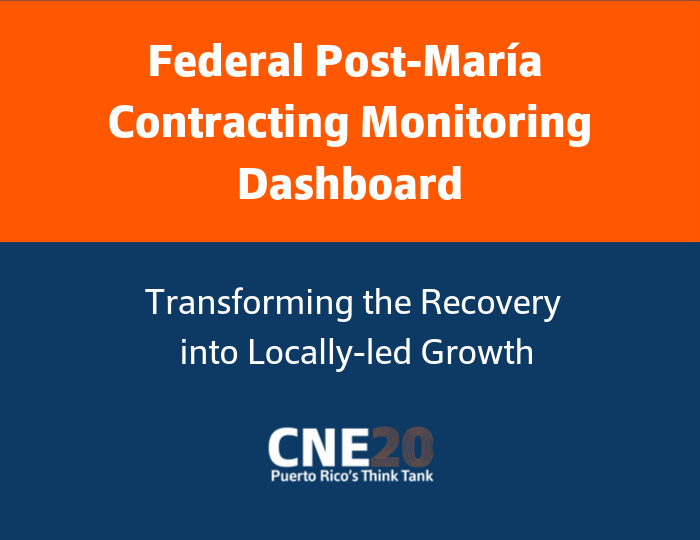El impacto de los alquileres a corto plazo en Puerto Rico: 2014 – 2020
Este informe provee un análisis detallado de la actividad de alquileres a corto plazo (ACP) en Puerto Rico y atiende varios de los reclamos hechos por distintos grupos, a través de un análisis que se enfoca en: la efectividad de los ACP en proveer oportunidades económicas para dueños de hogares necesitados; y los efectos de los ACP sobre los mercados y la asequibilidad de la vivienda.
The Impact of Short-Term Rentals in Puerto Rico: 2014-2020
This report provides a detailed examination of short-term rentals activity in Puerto Rico and addresses several of the claims made by different groups through a detailed analysis focused on: hosting trends, and the industry’s effects on housing markets and affordability.
Tracking Neighborhood Change in Geographies of Opportunity for Post-Disaster Legacy Cities: A Case Study of San Juan, Puerto Rico
In January of 2022, the Lincoln Institute of Land Policy published a working paper carried out by CNE’s research unit on “Tracking Neighborhood Change in Geographies of Opportunity for Post-Disaster Legacy Cities”. Using the San Juan Metropolitan Area (SJMA) as a case study, we measured how different indicators for neighborhood change are associated with storm impacts, specifically those stemming from Hurricane María, and the geographical distribution of opportunities.
Transforming the Recovery Into Locally-Led Growth: Federal Contracting in the Post-Disaster Period
CNE has developed the FPMCM Dashboard for users to query on trends regarding federal post-María contracting for reconstruction works in Puerto Rico.
Transforming the Recovery into Locally-led Growth: Federal Contracting in the Post-Disaster Period
This report examines Federal post-disaster expenditures and the sectors and companies being contracted. Our primary findings suggest that Federal relief and recovery spending in Puerto Rico is mostly being used to contract mainland U.S. firms. Moreover, existing trends signal that local economic development opportunities stemming from post-disaster funding are possibly lower than expected.



